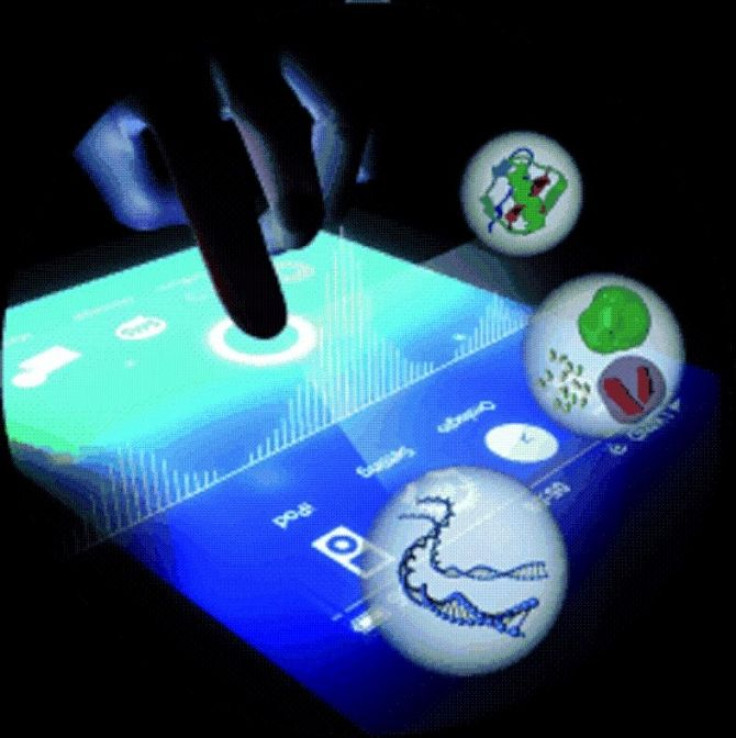Cancer and Disease Detecting Smartphones Coming Soon?

Smartphones may one day eliminate the need for medical tests, even for cancer, according to Korean researchers in a paper published in the German journal Angewandte Chemie.
Researchers at Korea Advanced Institute of Science of Technology said Monday they “have confirmed” that touch screens are able to detect biomolecular matter just as well as some medical tests.
"It began from the idea that touch screens work by recognizing the electronic signs from the touch of the finger, and so the presence of specific proteins and DNA should be recognizable as well," said Hyun-gyu Park, who led the study with his colleague, Byong-yeon Won, according to Reuters TV.
Scientists explained that touch screens on smartphones, PDAs and other electronic devices work by sensing electronic charges from the user’s body as it comes in contact to the screen, and biochemical like proteins and DNA molecules carry specific electronic charges.
The KAIST team demonstrated that touch screens can recognize the existence and concentration of DNA and protein molecules placed on them with “nearly 100 percent accuracy” equal to “conventional medical equipment” according to Park.
"There are proteins known in the medical world like the ones used to diagnose liver cancer, and we would be able to see the liver condition of the patient," Park said to Reuters TV.
However researchers said that the study finding that confirms touch screen capability of recognizing biomolecular materials is only a first step.
The group of scientists added that they are currently developing a type of film with reactive materials that would allow single touch screens to recognize a variety of different biomolecular materials.
Researchers are also working on a touch screen that could test bodily fluids like blood or urine by using a strip that is attached to the phone, and noted that the location and concentration of the sample would be analyzed in the same way as touchscreens measure finger taps coming into contact.



























